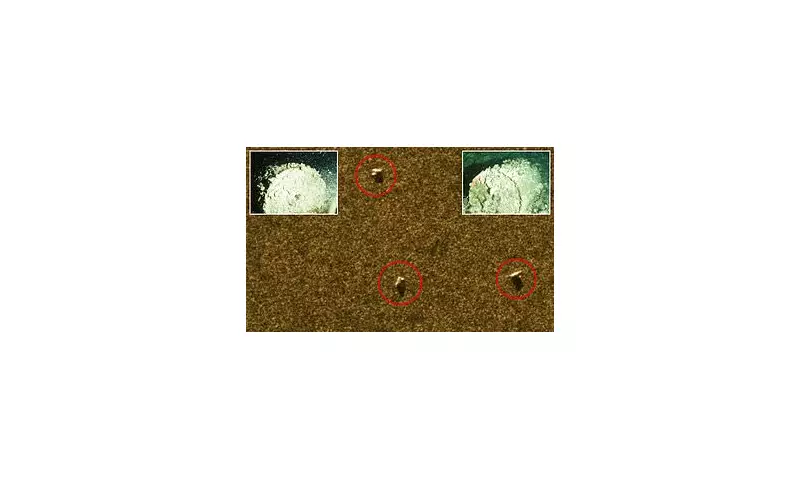
A chilling environmental investigation has uncovered one of the Cold War's most disturbing secrets: an estimated 18,000 barrels of highly radioactive waste deliberately dumped in the Atlantic Ocean by European governments. This toxic legacy now poses a significant threat to marine ecosystems and potentially human health.
The shocking findings, based on extensive research and declassified documents, reveal how multiple nations systematically used the Atlantic as a nuclear dumping ground for decades. The barrels, containing everything from plutonium to other lethal radioactive isotopes, were simply thrown overboard to rest on the ocean floor.
The Chilling Timeline of Deliberate Pollution
From 1950 to 1963, European nations engaged in what can only be described as systematic environmental negligence on an unprecedented scale. British, Belgian, and Dutch vessels were among the worst offenders, conducting regular dumping operations under the guise of 'waste management'.
Recent scientific surveys have detected alarming radiation levels around these dumping sites, suggesting that many barrels may have already corroded and leaked their deadly contents into the marine environment.
Potential Impact on Marine Life and Human Health
Marine biologists express grave concerns about radioactive contamination entering the food chain. The potential for these toxins to accumulate in fish and seafood raises alarming questions about long-term health implications for communities relying on Atlantic fisheries.
Currents could potentially carry radioactive particles towards coastal areas, though scientists remain divided on the immediate risk level. What remains undeniable is that this toxic time bomb continues to sit on the ocean floor, its full impact yet to be determined.
Official Response and Ongoing Concerns
Despite the mounting evidence, official responses have been characterized by alarming complacency. The lack of comprehensive monitoring and clean-up plans has drawn criticism from environmental organizations worldwide.
This investigation raises urgent questions about accountability for historical environmental crimes and what measures should be taken to address this lingering threat beneath the waves.





